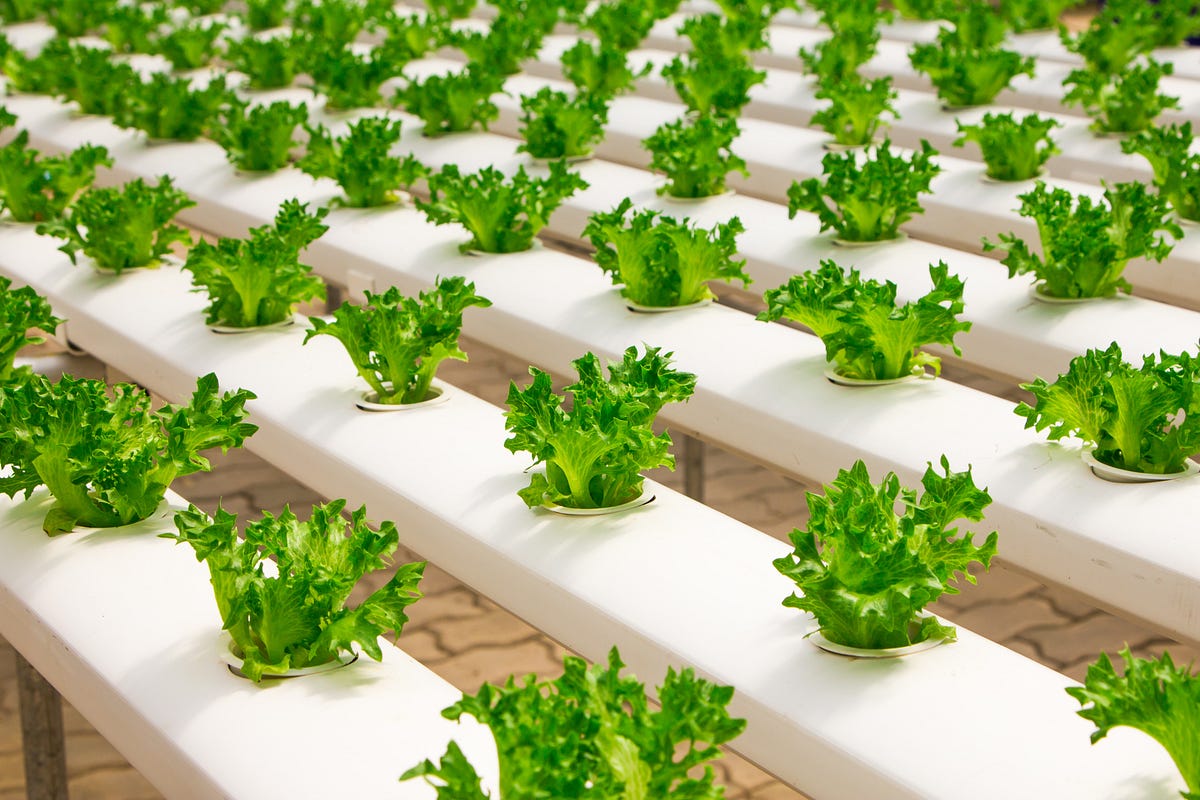Water-Efficient Urban Farms Sprouting Up
Published on by Robert Brears, Founder of Our Future Water, Young Water Leaders, Mitidaption & Author (Springer Nature, Wiley) in Technology
By 2050, two-thirds of the global population will be living in cities, concentrating demand for both food and water. Recognizing these challenges, many cities, at all levels of development, are addressing the water-food nexus. Read how Kansas City, one of the top 50th largest cities in the United States, is one of them.
By Robert C. Brears*
Kansas City is cultivating a local sustainable food system to ensure local food access for all, especially the needy, and ensure food is integrated into the civic life of the community. A key aspect of the city’s sustainable food system is that it is democratic where people take ownership of the local food system, as a whole and in their own lives, the environmental and personal health and well-being of local residents are prioritized, and that the food system is resilient and adaptable.
KC Grow: Water Access Program
To ensure the local food system is resilient, the KC Grow: Water Access Program has been established to help Kansas City community groups and farmers access water for their gardens and farms. Increased water access makes it easier to grow more food in the city, increasing the amount of nutritious food available in the community. The program, with a budget of $100,000, sponsored by the City of Kansas City, and administered by Kansas City Community Gardens, assists community gardens and farms in Kansas City.

https://www.pexels.com/@jatuphon-buraphon-110709
Urban gardeners and farmers turning vacant lots and lawns into productive growing space can apply for funding from the program to:
· Assess the amount of water required to sustain the garden or farm
· Evaluate water access options
· Connect the farm to local resources that best meet the garden or farm’s water needs
· Provide small grants to help implement recommended water access strategies
Water audits
Before small grants can be provided to implement recommended water access strategies, a water audit will be conducted to analyze the garden’s or farm’s water use, plot size, and the area’s average annual rainfall. The completed audit will recommend ways to increase water access and affordability for the garden or farm. It will also provide soil improvement and conservation recommendations, best mulching practices, and water budget estimates.
KC Grow Small Grants
Once the audit has been completed, KC Grow Small Grants can then be disbursed to applicants to implement their water audit recommendations including:
· Installing rainwater and stormwater catchments systems
· Water pumping systems
· Drip irrigation systems
The take-out
Water-efficient urban farms can contribute to inner-city food security.
*Robert C. Brears is the author of Urban Water Security (Wiley), The Green Economy and the Water-Energy-Food Nexus (Palgrave Macmillan), Natural Resource Management and the Circular Economy (Palgrave Macmillan), Blue and Green Cities: The Role of Blue-Green Infrastructure in Managing Urban Water Resources (Palgrave Macmillan), and Climate Resilient Water Resources Management (Palgrave Macmillan). He is Founder of Our Future Water, Mitidaption, and Mark and Focus.
· LinkedIn Groups: Our Future Water / Urban Water Security
· Twitter: Mitidaption / YoungH20Leader / Our Future Water / Urban Water Security
Attached link
https://medium.com/mark-and-focus/water-efficient-urban-farms-cd5e5fd03fd1Media
Taxonomy
- Water
- Water Footprint
- Water Footprint Research
- Water-Energy-Food-Security
- Water
- Water
- Water
- Water-Energy-Food Security
- Water Footprint
